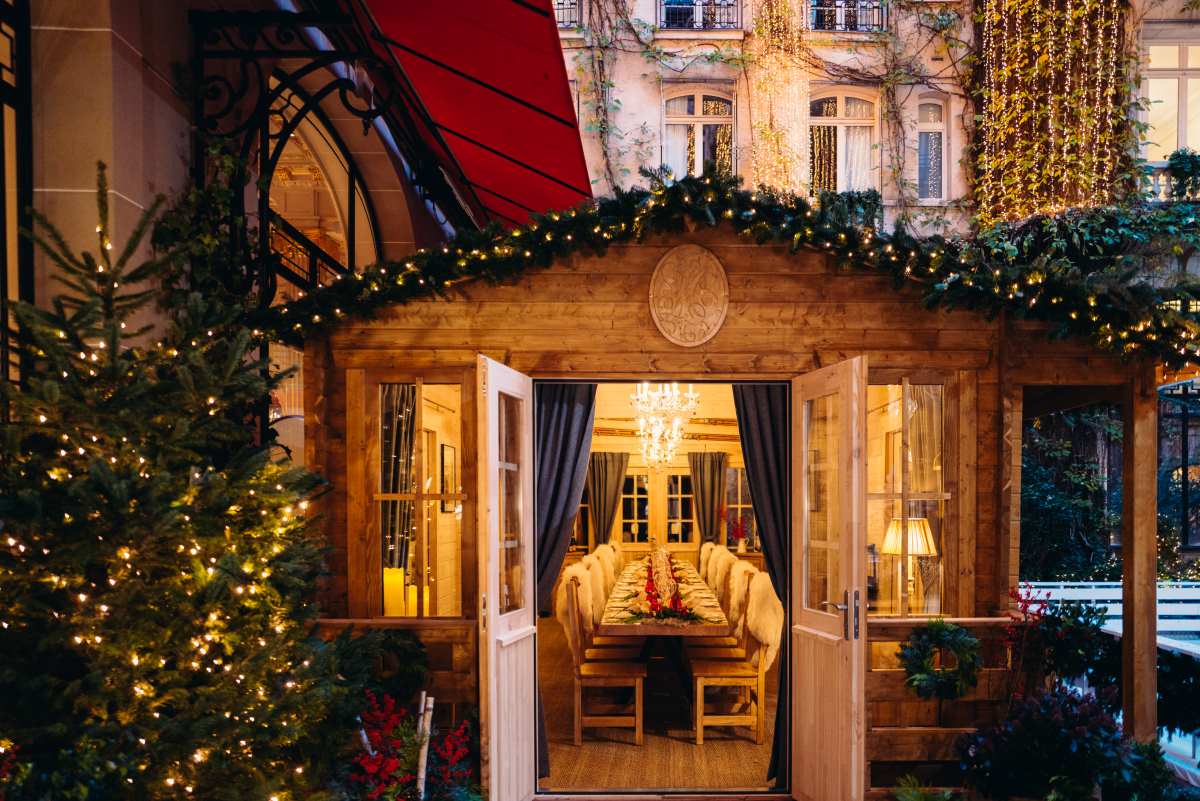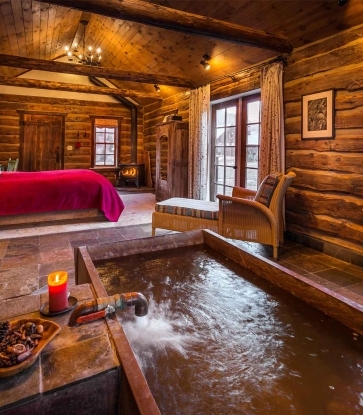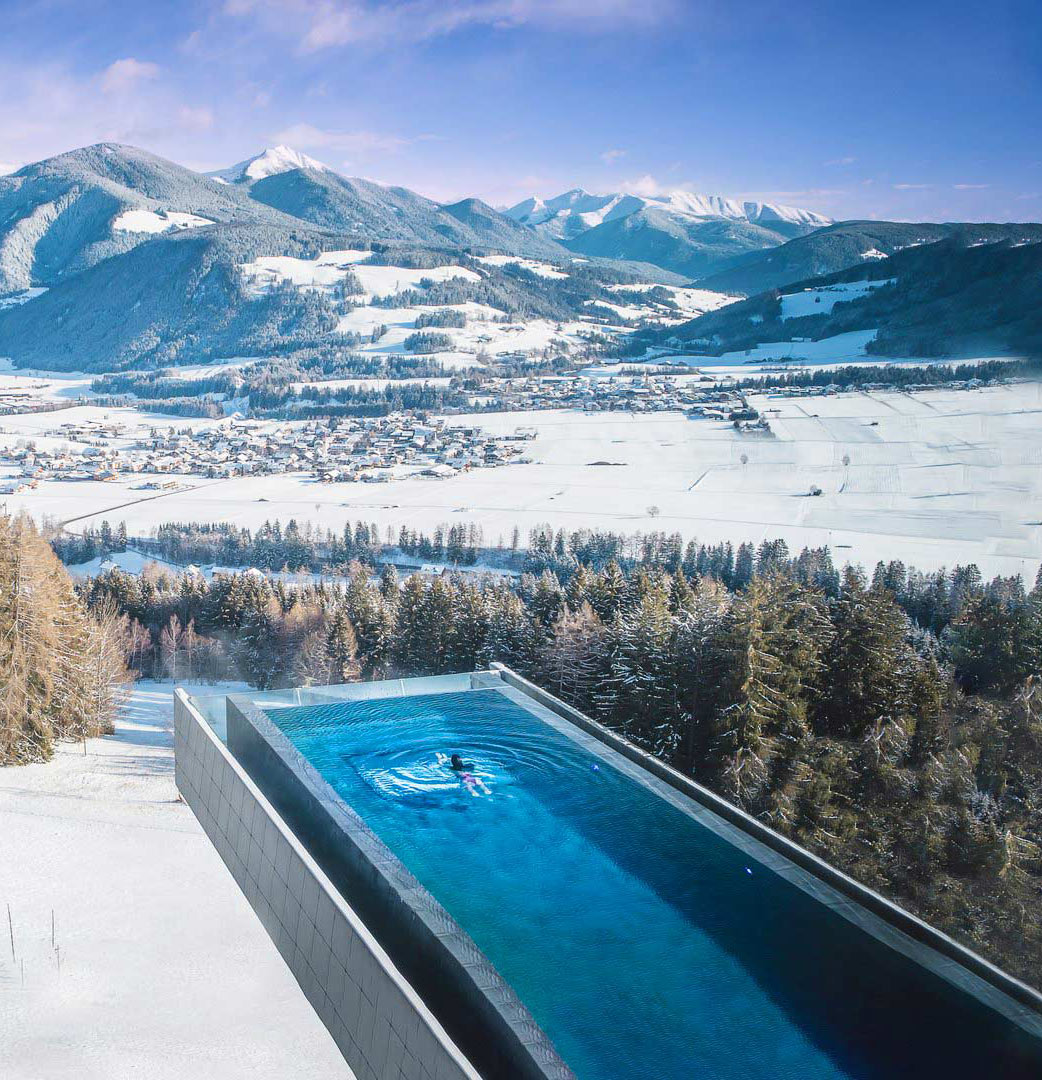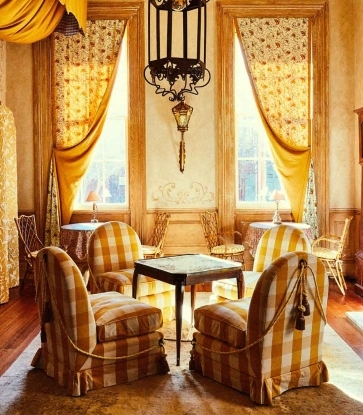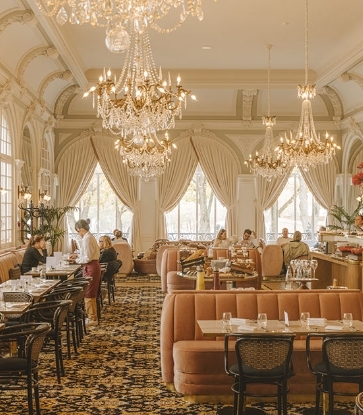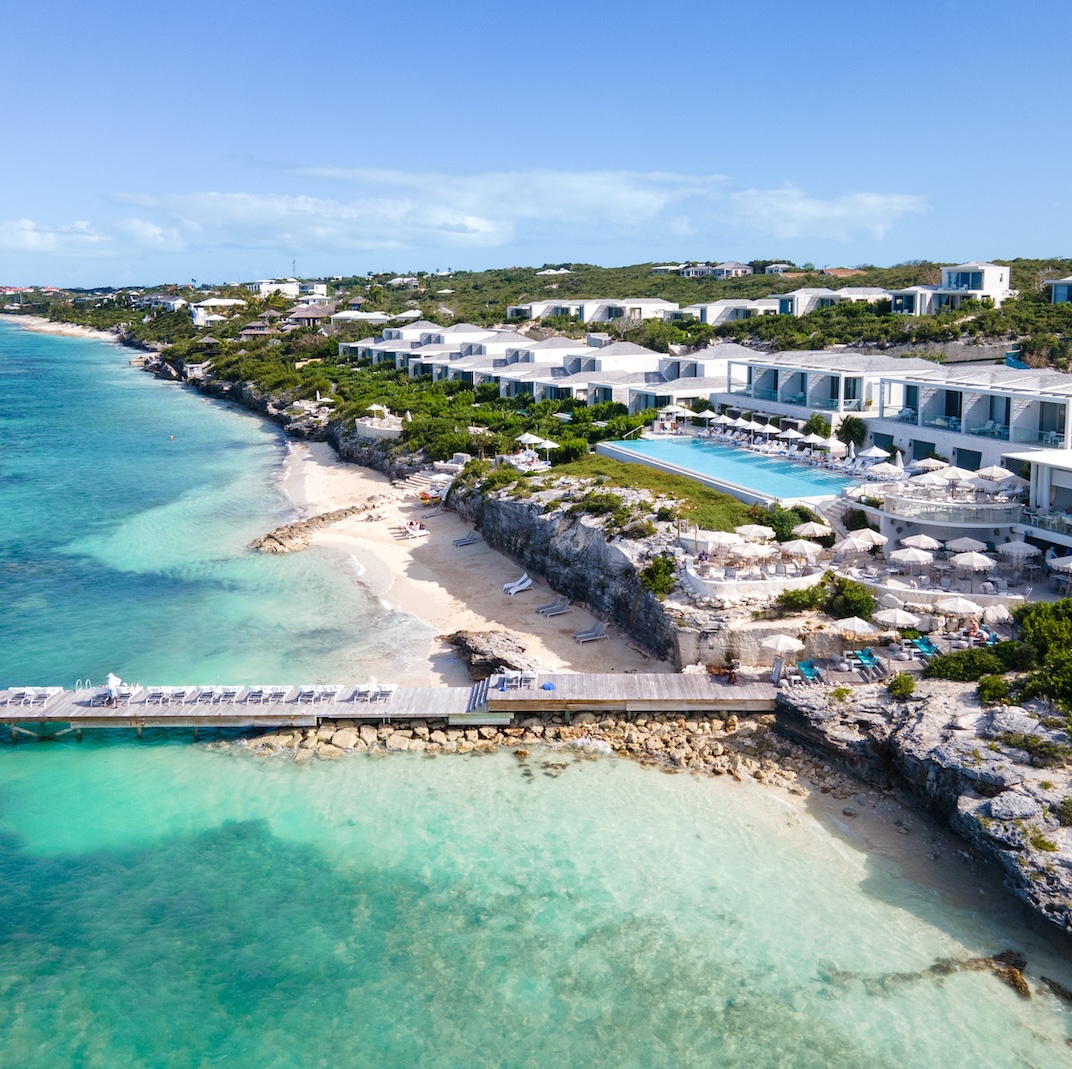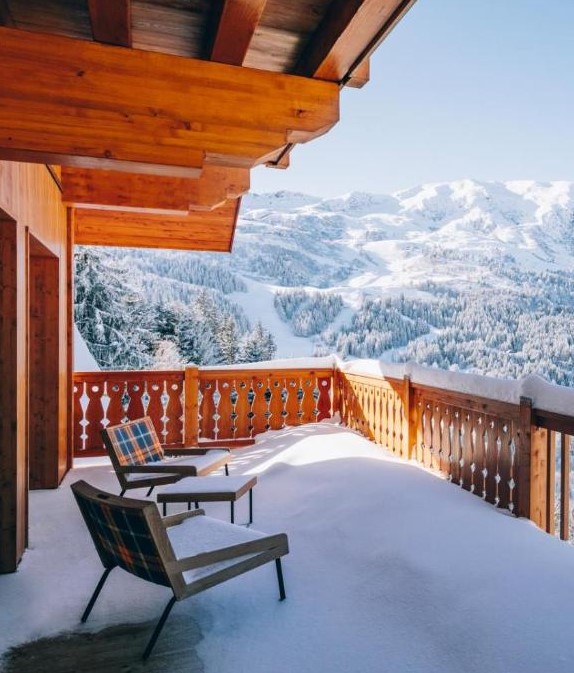A visit to Terra Dominicata, one of only five Three Key hotels in Spain, does not begin like that of any other Three Key hotel I’ve visited as an Inspector. This is not La Reserve in Paris, or Casa Cipriani in New York. I’m not ushered into a Hausmannian palace or greeted by a liveried doorman. After arriving here — in the midst of the mountainous Catalonian countryside a twisting two hour drive from Barcelona — I’m sat down, softened up with a cocktail, and told everything I cannot do.
To say it’s a unique introduction to a hotel of this caliber is an understatement. In one of two main hotel buildings, both restored, centuries-old farmhouses that were once ancillary to the 12th-century monastery up the road, I’m told not to overuse my shower in order to save water. I’m told that lighting is kept sparse at night so as not to perturb the animals that live in the surrounding natural park and to preserve the starry skies. I’m told that my room has no television and only essentials — but that I’m welcome to trade in one of my own books for a new one from the estate’s massive collection.
The talk is my first introduction to a hotel that earns its Three Key distinction with a distinctly different strategy than almost any other my Inspector colleagues or I have visited anonymously. Although Terra Dominicata shares some qualities with other Three Key spaces just outside major cities (see: Villa La Coste in Provence), even most country gems dazzle with an attitude of no-expense-spared. Here, luxury is drawn from something more subtle: a perfect balance of comforts and absence that makes the two hour drive through twisting, narrow roads from Barcelona well worth the effort.

In the Shadow of the Monastery
That the hotel exists at all is little short of a miracle. At the center of the the vast expanse of rock formations and forests that make up the Montsant Natural Park, it is the exceedingly rare base from which to explore the Priorat — among the most lauded wine regions in the world, while simultaneously restoring a piece of significant cultural heritage.
A forty minute walk up the road is the 12th-century monastery. The main hotel buildings themselves are where peasants once worked in its shadow, and you can still perceive their history in original-style exteriors — sober and geometric — made from the same red, ferrous earth of the landscape beyond.
And yet, the interiors are lively, contemporary, even whimsical. Wicker baskets, accent ladders, and shelves that hang suspended like swing sets from the ceiling decorate rooms in neutral colors, bathed in sunlight and open to views of vineyards and hills.
The Winery: An Unmissable Vintage
The restaurant serves local Spanish favorites, and the swimming pool and spa are beautiful spaces. But remember that the latter is faithful to the minimalist sensibilities of the hotel. This is no promiscuous assemblage of bodies, but a reserved area hidden among the olive trees, designed for individuals to book certain rooms (sauna, whirlpool, cold shower) by the hour.
Treks through the park, visits to vineyards, and the chance to experience local villages and historic sites are all on offer through the hotel concierge.
But the winery — with its own three vintages — is the standout activity at Terra Dominicata.
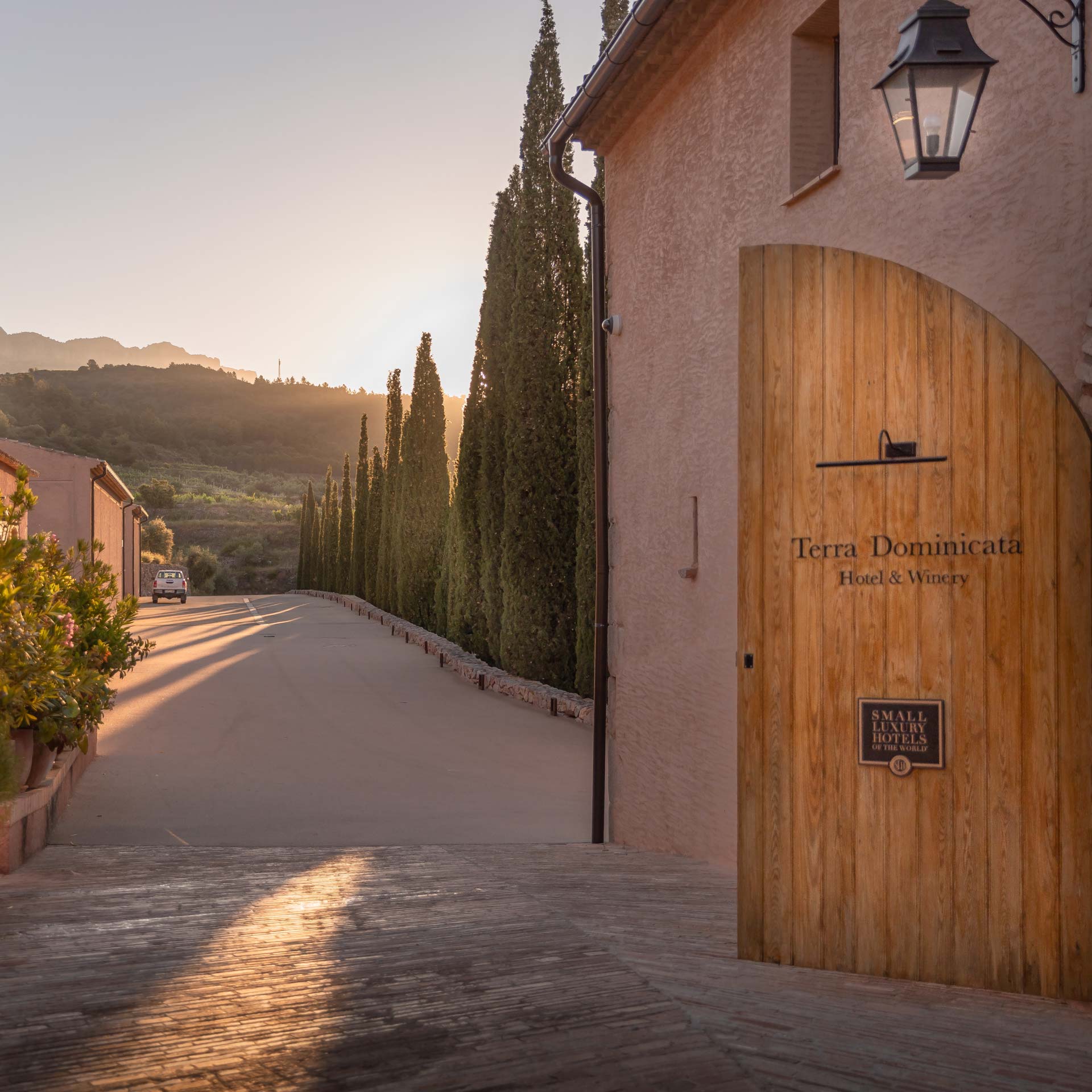




The vineyards of Priorat are arranged on terraces and slopes that are among the steepest in Europe, set on volcanic soil strewn with flakes of slate and quartzite. It’s a soil poor in organic materials but rich in minerals — and through these harsh conditions, it produces a wine that’s intense and concentrated, that makes more out of less.
Sip it here, in the winery or under the pergola of the restaurant outside, and remind yourself that it’s a suitable metaphor for Terra Dominicata itself.
No Hypocrites: Radical Sustainability
I learn later that the kind, elegant woman who delivered the rules and regulations is one of the hotel’s owners — and that she’s certainly no hypocrite in her prioritization of sustainability. At one point, I overhear while walking the grounds, work on the hotel stopped cold when a family of eagles nested in the middle of the site. Ownership halted construction for three months (enough time for the eggs to hatch) before resuming. In light of that anecdote, we think it’s a fair ask to forgo a long shower.
Room Tips: A Secret Passageway
If you can, try to book Room 22. Behind a bookshelf, this suite hides a genuine underground corridor once used as an escape route in case of danger. Today, it’s a passageway with a one-in-a-million entrance to the restaurant — and a reminder of the remarkable history and authenticity behind this place.
Book Terra Dominicata with The MICHELIN Guide →



